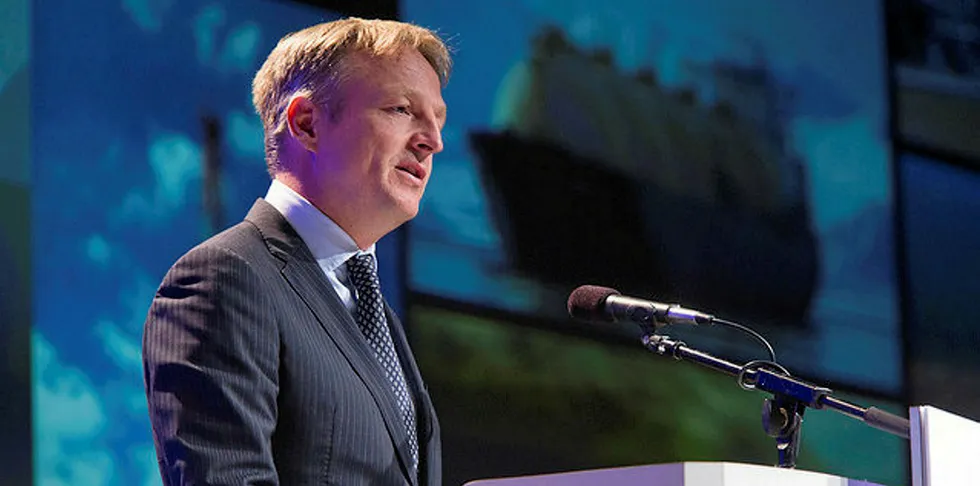Shell-Eneco wins Dutch offshore wind zero subsidy tender with eye on hydrogen boom
CrossWind joint venture wins auction for the 759MW Hollandse Kust North zone in Dutch North Sea that will also include a floating solar pilot

CrossWind joint venture wins auction for the 759MW Hollandse Kust North zone in Dutch North Sea that will also include a floating solar pilot
